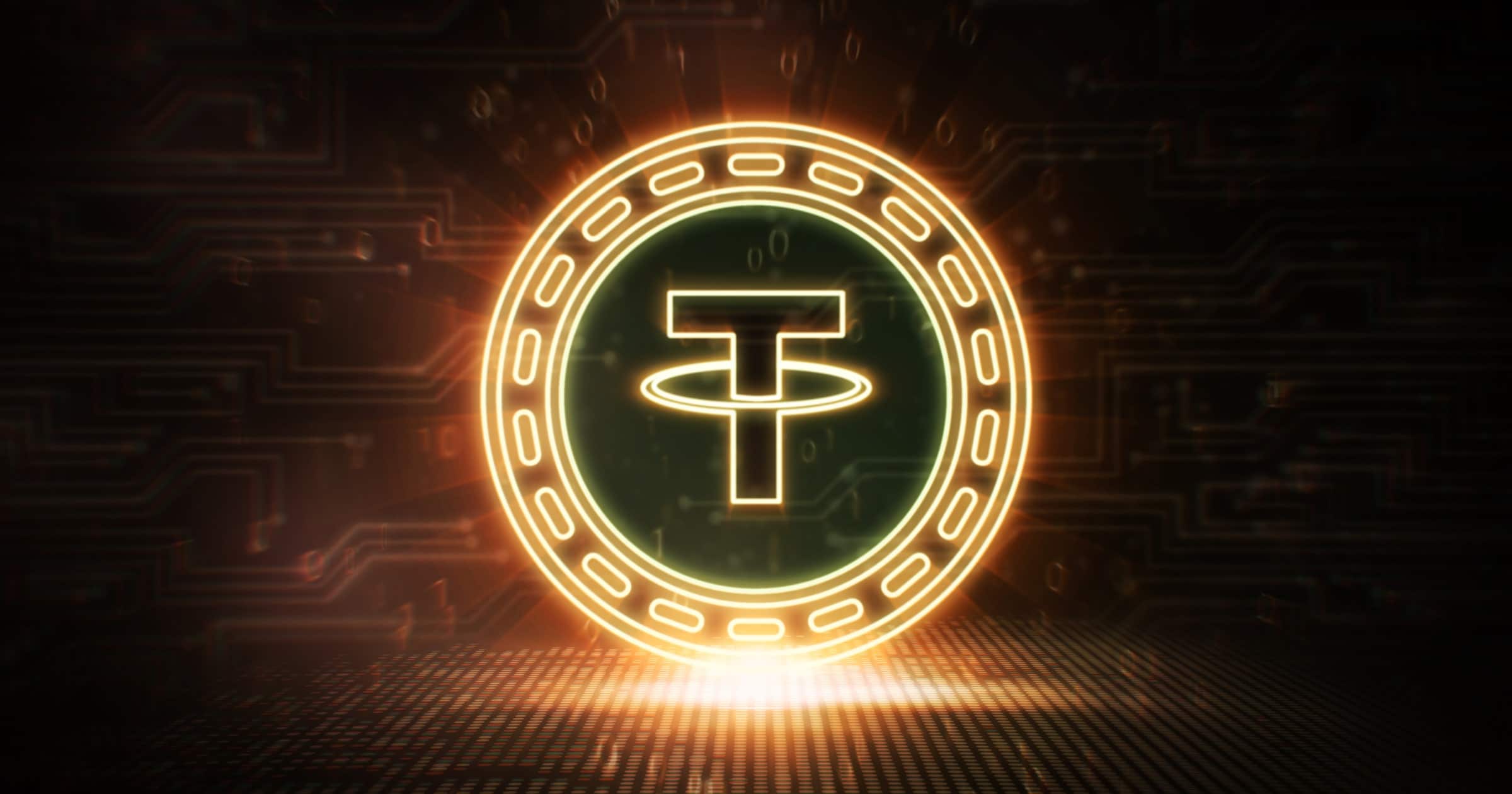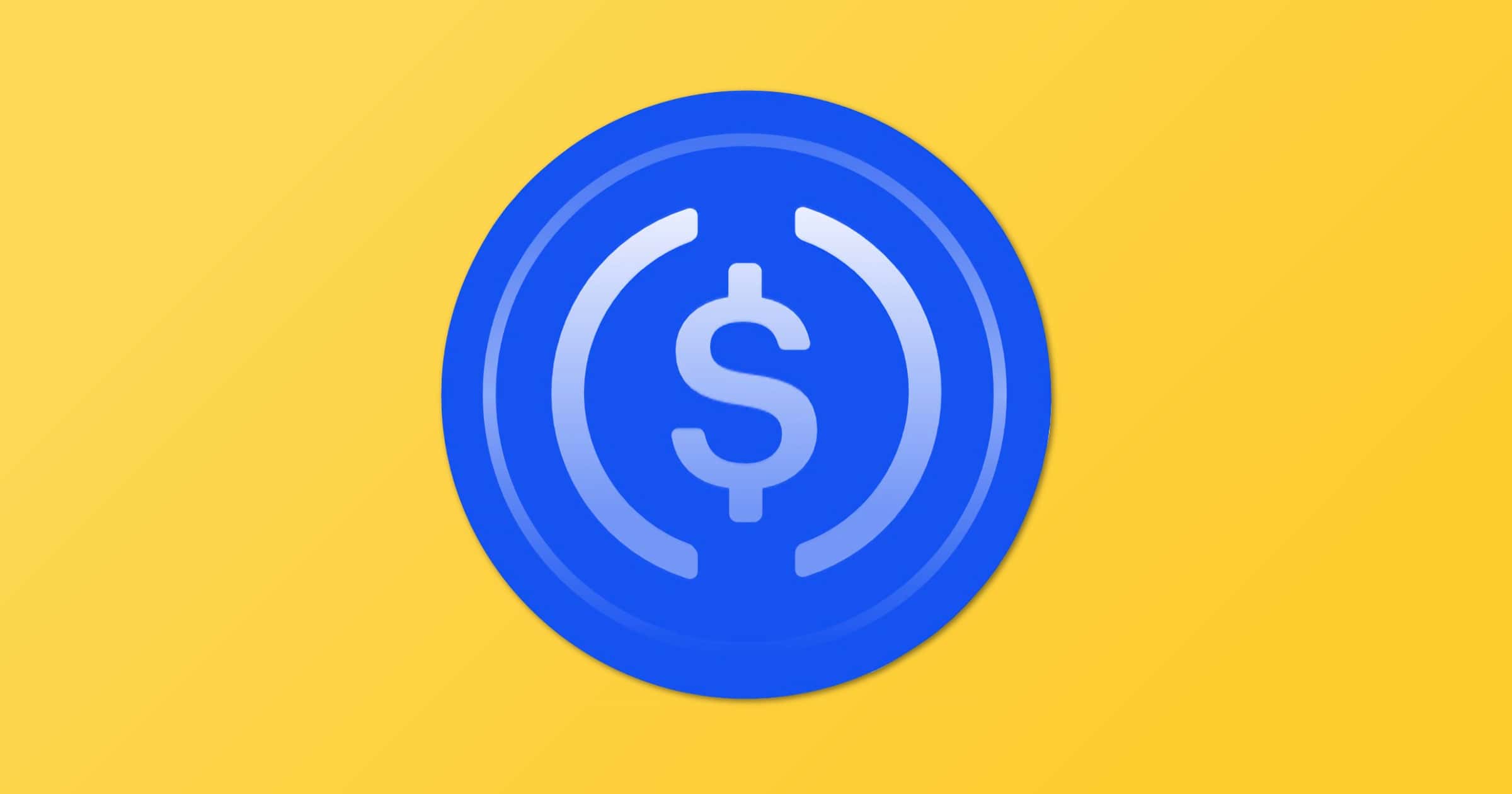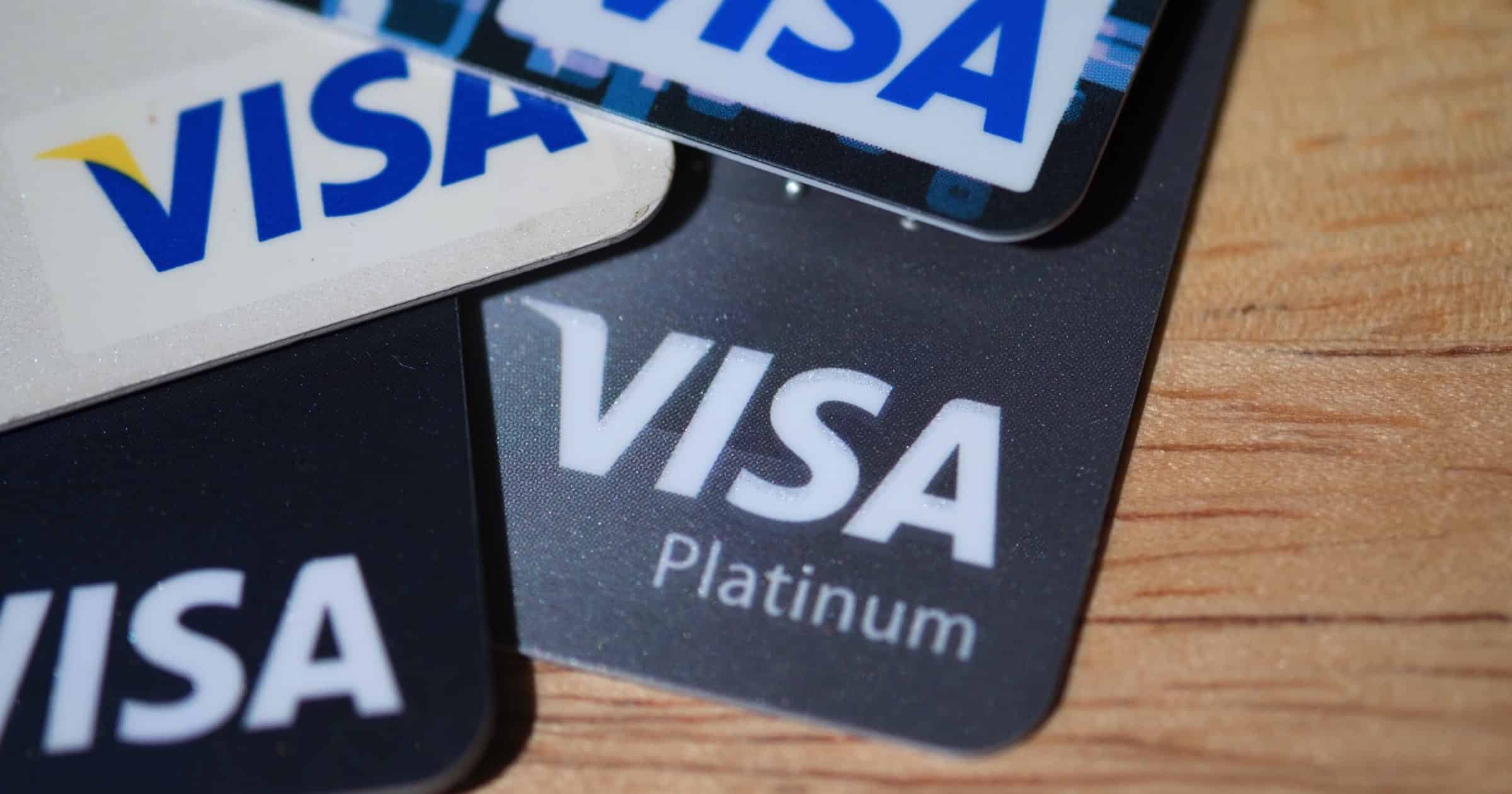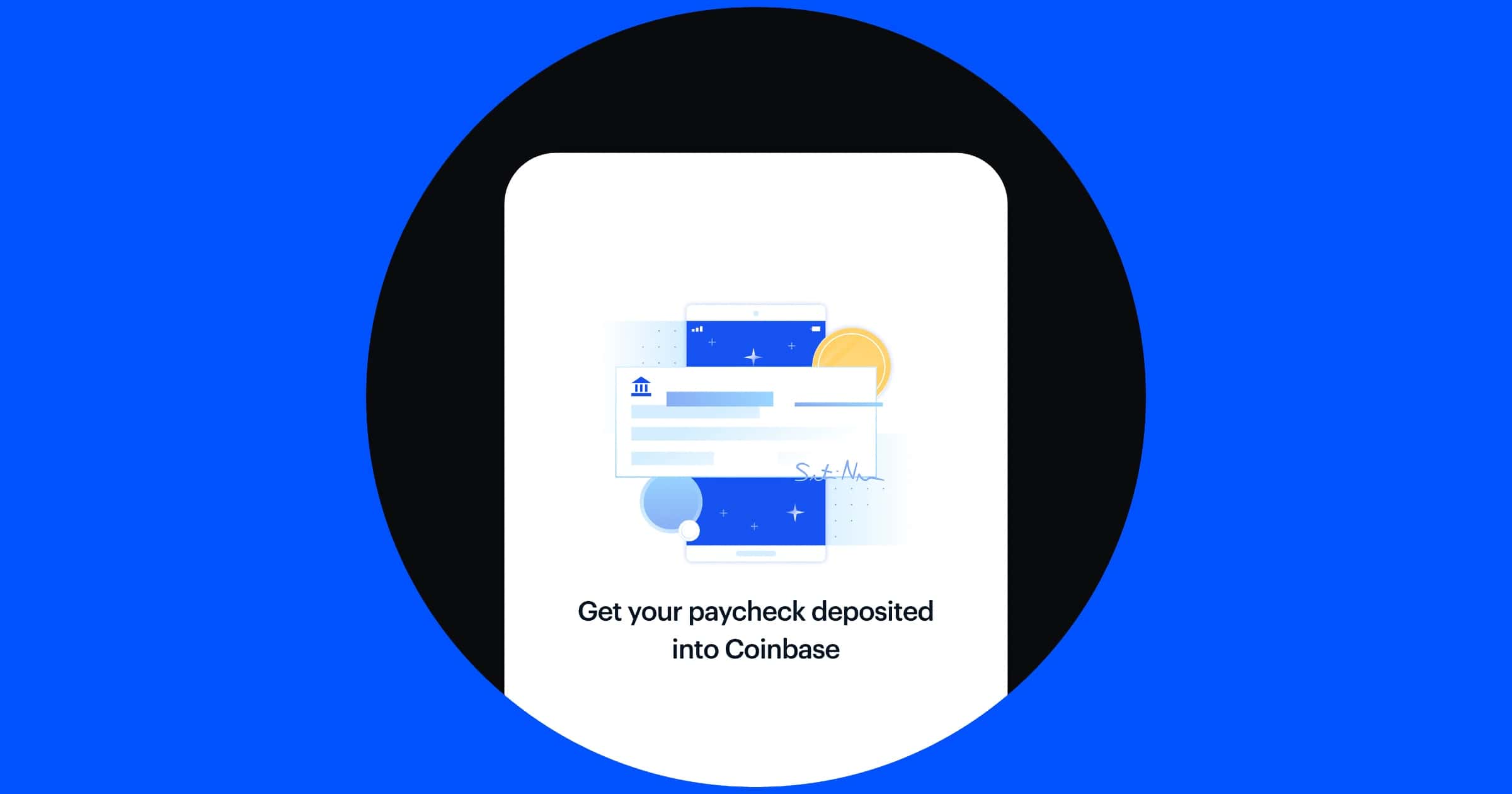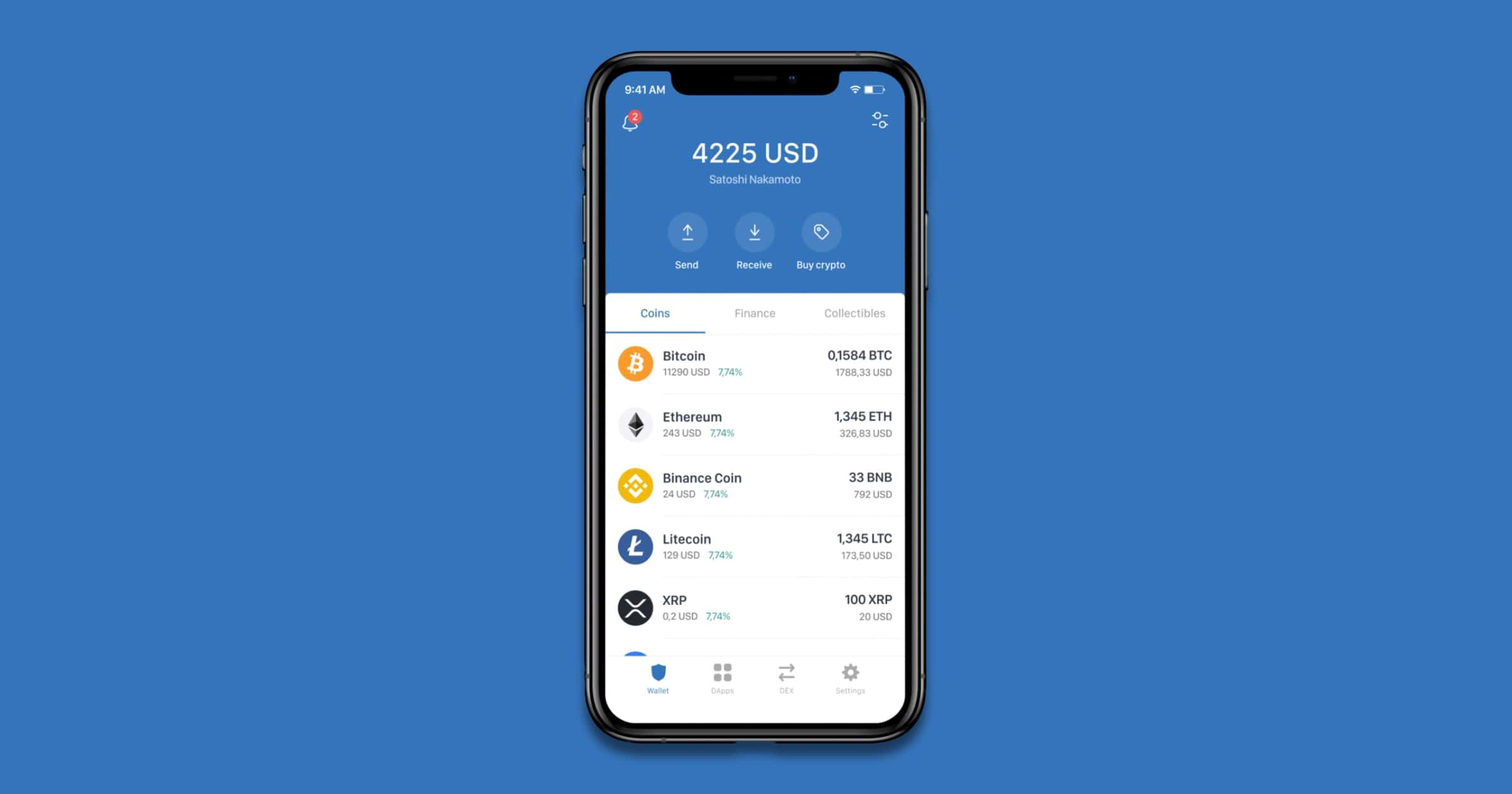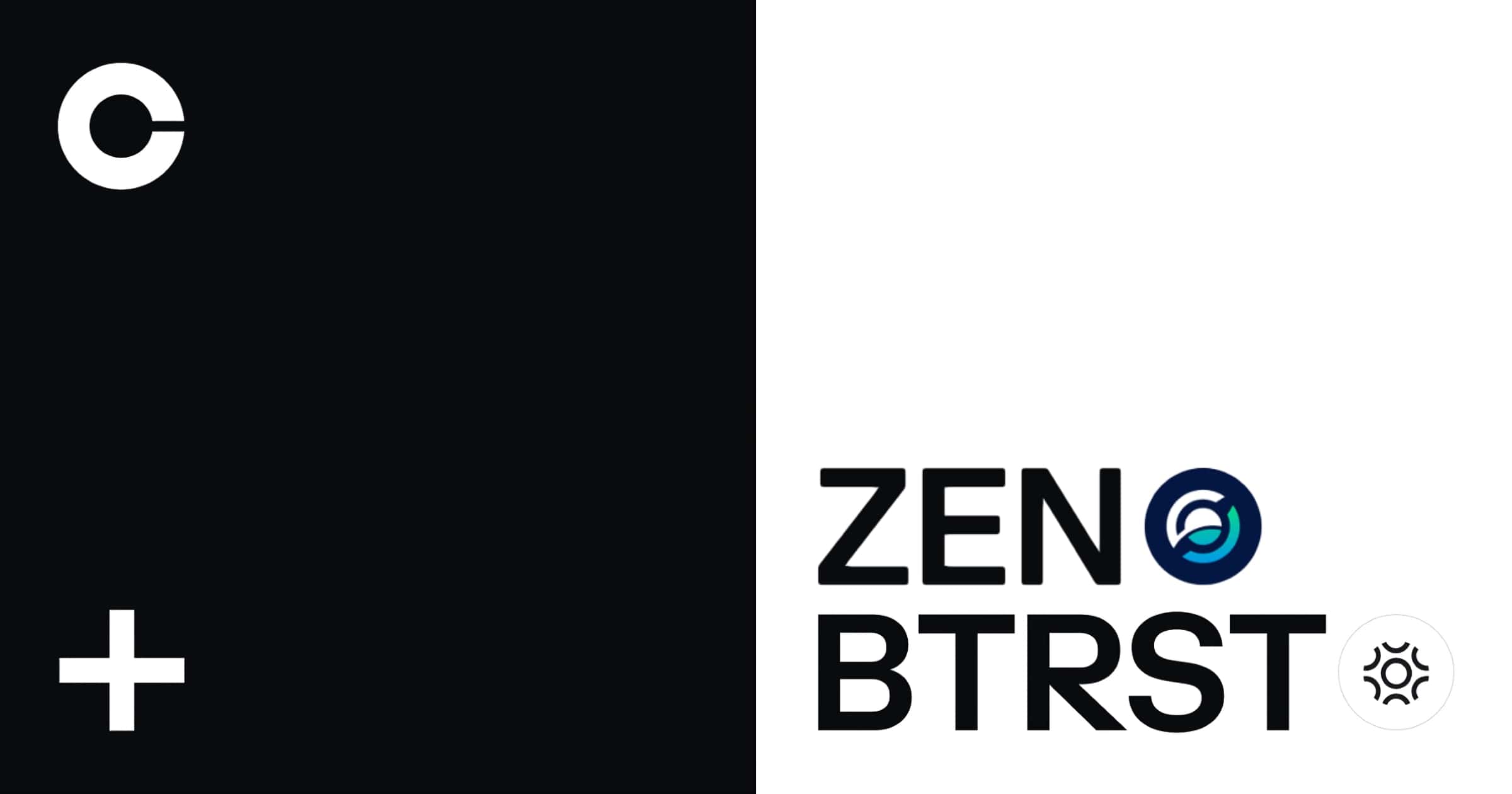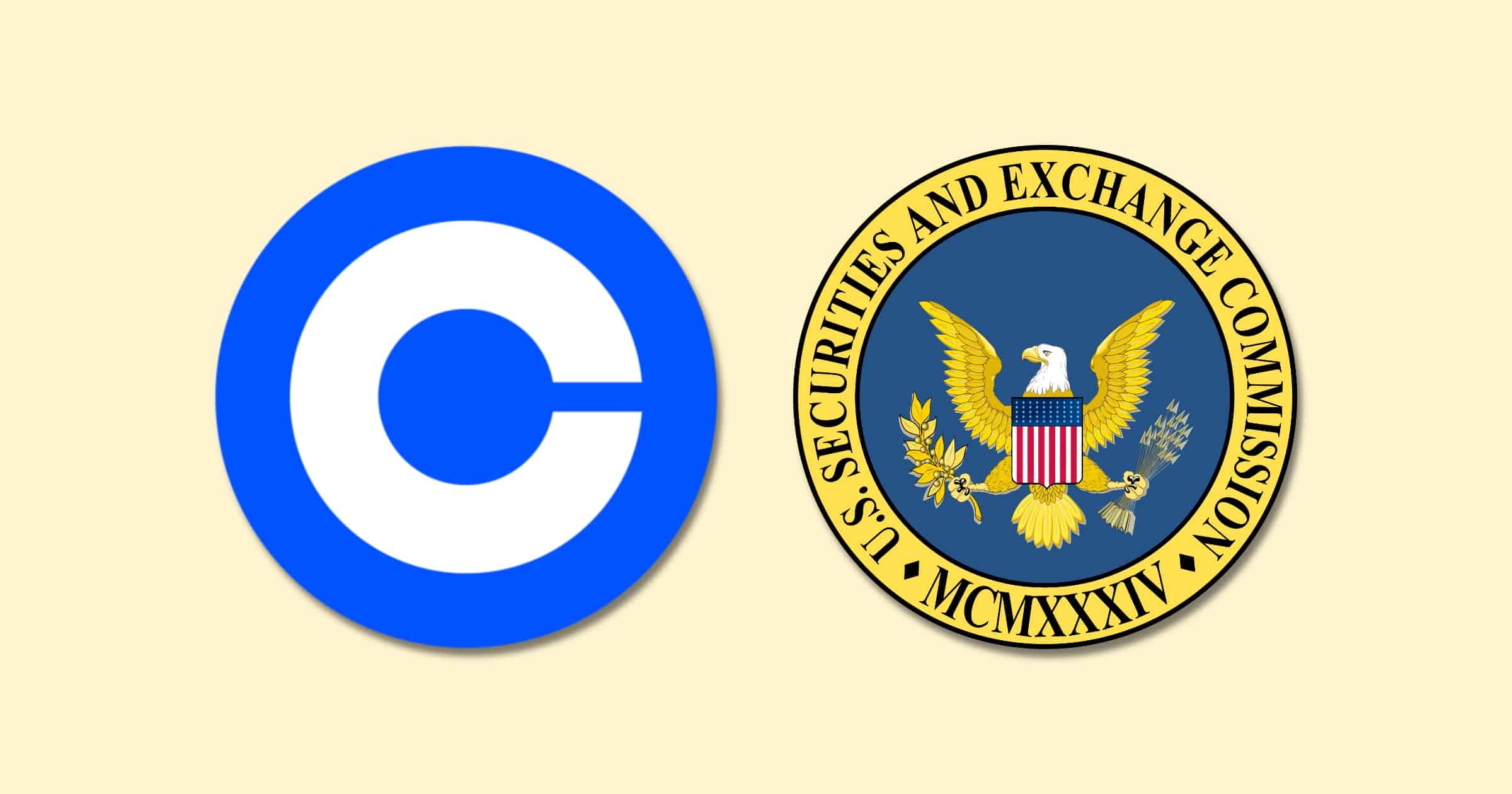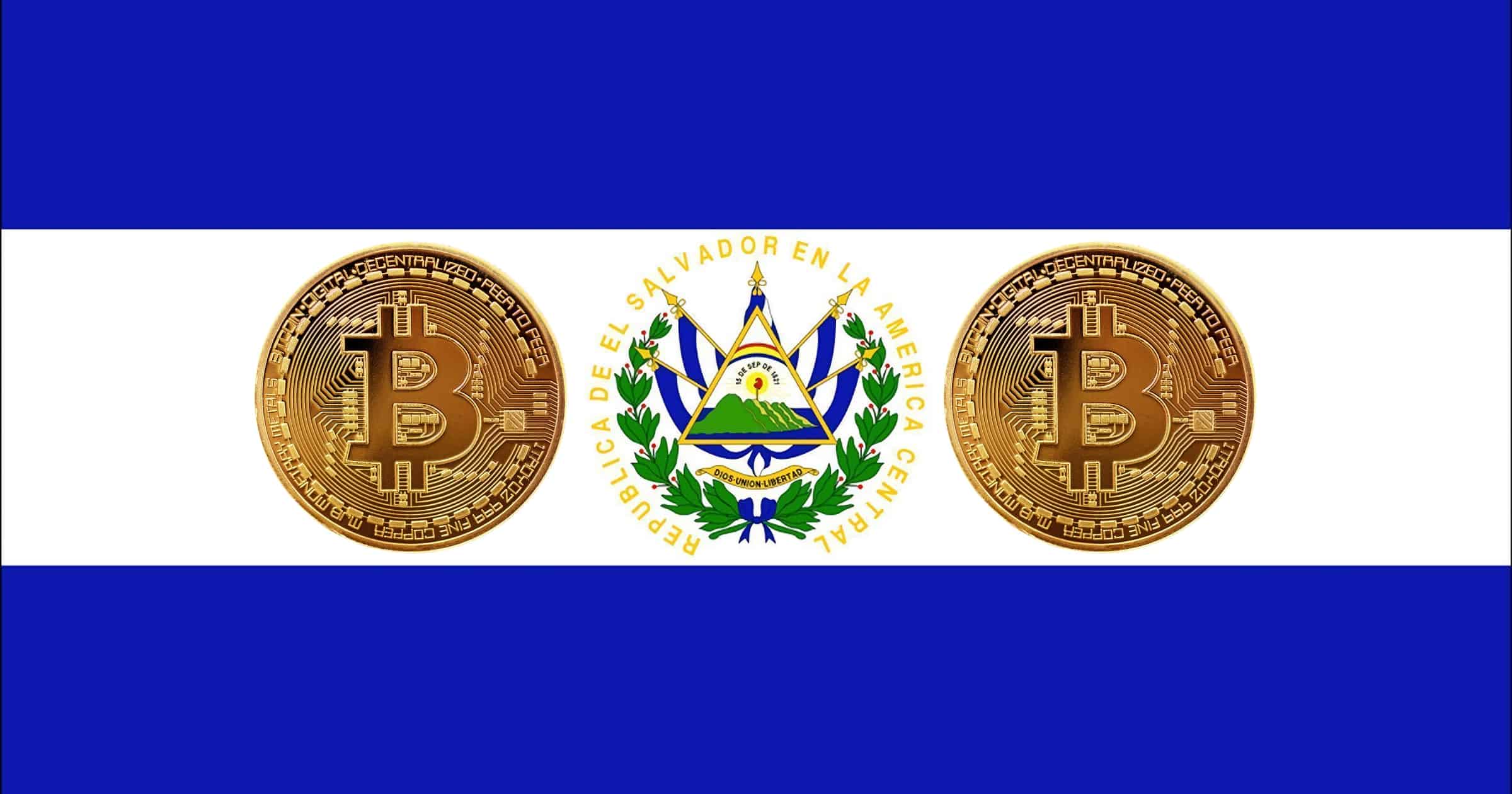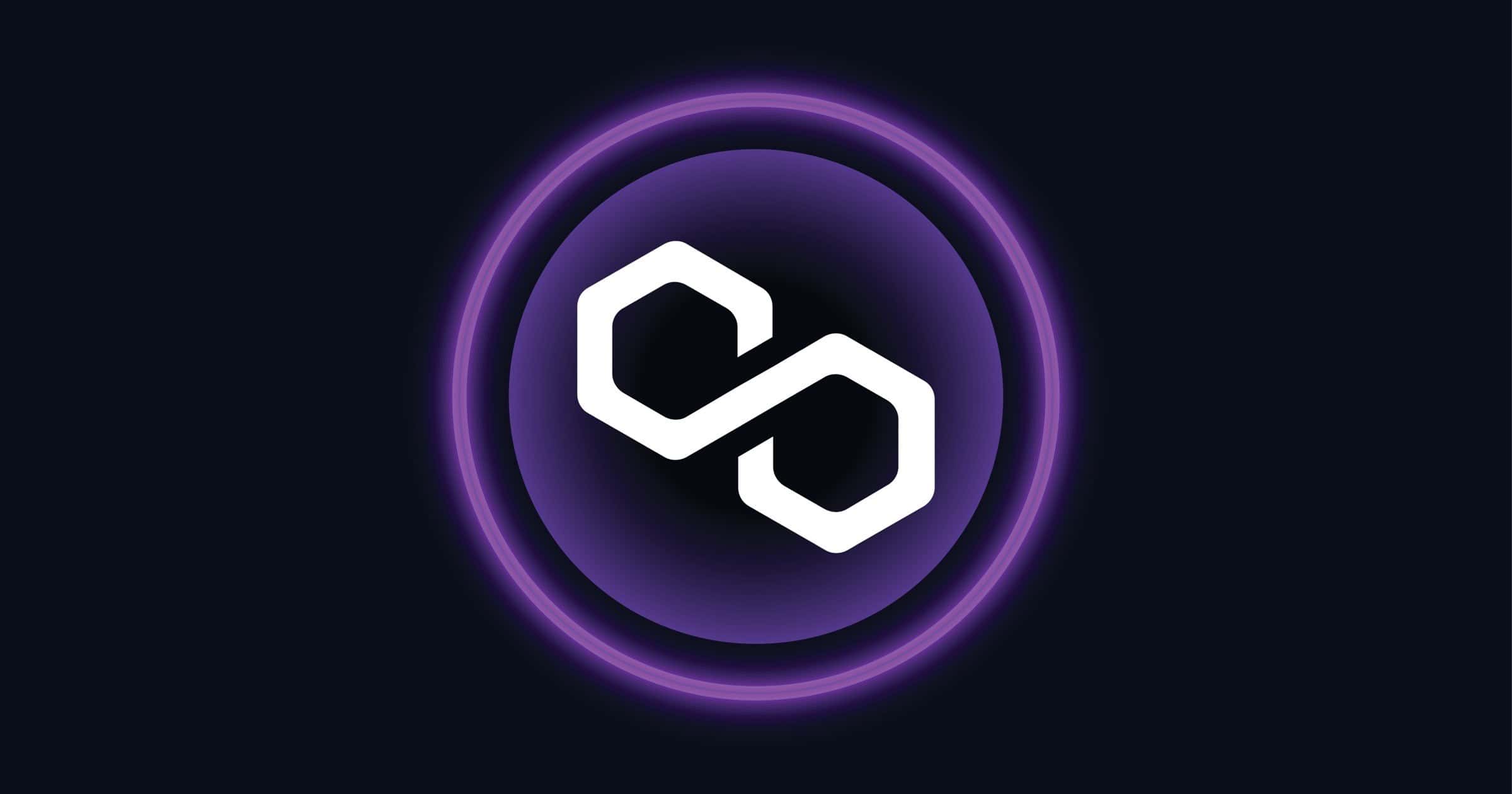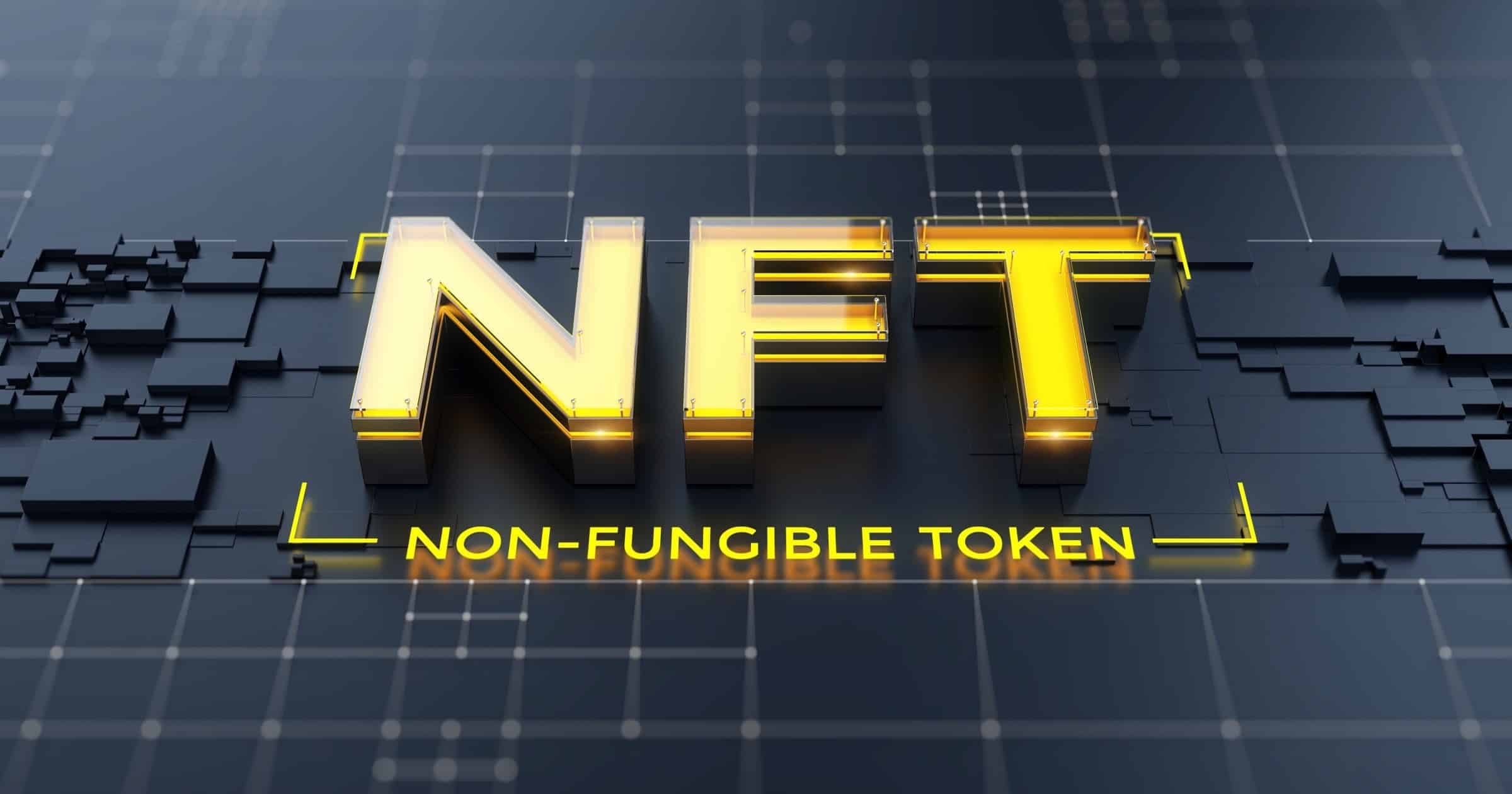Coinbase is preparing to launch its own NFT platform to take on rivals like OpenSea. You can sign up for the waitlist if you live in the U.S.
Cryptocurrency
Where are the Billions That Supposedly Back the Tether Stablecoin?
Tether is a cryptocurrency pegged to the U.S. dollar, but regulators and prosecutors are closing in on the company, questioning the amount of Tether’s reserves.
As far as the regulators are concerned, the size of Tether’s supposed dollar holdings is so big that it would be dangerous even assuming the dollars are real. If enough traders asked for their dollars back at once, the company could have to liquidate its assets at a loss, setting off a run on the not-bank. The losses could cascade into the regulated financial system by crashing credit markets. If the trolls are right, and Tether is a Ponzi scheme, it would be larger than Bernie Madoff’s.
U.S. Justice Department Forms Crypto Enforcement Team
The U.S. Justice Department is forming a crypto enforcement team to “root out abuse” such as money laundering.
“We want to strengthen our capacity to dismantle the financial ecosystem that enables these criminal actors to flourish and — quite frankly — to profit from what they’re doing,” said Monaco. “We’re going to do that by drawing on our cyber experts and cyber prosecutors and money laundering experts.”
Biden Admin Wants to Regulate Stablecoin Issuers as Banks
This article is from The Wall Street Journal and may be behind a paywall. The report says that the Biden administration is looking to impose regulations on cryptocurrency entities that issue stablecoins. Also called fiatcoins, the price of these coins are pegged to fiat currency, such as the US dollar.
While the report is likely to focus primarily on the risks posed by stablecoins and how to impose a bank-like framework around the firms that issue them, other key issues will likely remain unresolved, such as investor protections around the trading of stablecoins, distinct from the regulation of the companies that issue them.
Visa Announces Layer 2 Blockchain for Stablecoins and CBDCs
Visa has announced a Layer 2 project for cryptocurrency that aims to be a universal exchange hub for stablecoins and central bank digital currencies (CBDC).
The idea is to create a digital currency equivalent of the existing international payment experience—one that lets you pay for something in another country with a debit or credit card that draws funds from an account in your home country.
Also: “Visa, for instance, says the proposed base layer for its universal payments channel is Ethereum.”
So What is a Decentralized Autonomous Organization Anyway?
David Shuttleworth wrote a nice write-up to explain decentralized autonomous organizations (DAO). These are blockchain-related entities where power is shared by everyone.
Ultimately, a DAO is governed entirely by its individual members who collectively make critical decisions about the future of the project, such as technical upgrades and treasury allocations.
Coinbase Direct Deposit Arrives Soon for Crypto Customers
Cryptocurrency exchange Coinbase is rolling out the ability to let customers deposit their paychecks directly into its system.
Stay in control of your money by depositing as little or as much of your paycheck as you want. Get paid in any of the 100+ crypto available on Coinbase or in US Dollars. Choose to get paid in crypto so you can make recurring buys or earn interest on your income (by getting paid in USDC, DAI, or other interest-yielding assets), or choose to get paid in US Dollars to be ready for any trade or to spend with your Coinbase Card.
China's Cryptocurrency Ban Affects Bitcoin and Others
China’s recent all-out cryptocurrency ban sent prices tumbling. Bitcoin and others have already regained some lost ground, though.
Twitter Introduces 'Tips' Feature Supporting Cryptocurrency
Twitter is rolling out a Tips feature to make it easy for people to tip their favorite Tweeters. It supports tipping with Bitcoin over the Lightning Network.
Binance Trust Wallet Adds Support for Unstoppable Domains
Binance announced support for Unstoppable Domains on Wednesday. This gives customers easy NTF domain names like “username.wallet.”
Crypto Miners Most Detected Malware Type in 2021
A report on Tuesday found that crypto-mining malware was the most detected malware type in the first half of 2021.
The most active cryptocurrency miner in the first half of 2021 was MalXMR, with 44,587 detections. MalXMR is a crypto-mining malware that exploited EternalBlue for propagation and abused Windows Management Instrumentation (WMI). During the infection, high CPU utilization can be noticed with powershell.exe or schtasks.exe.
Pluggin a service I use: NextDNS. There’s a toggle you can turn on to “Prevent the unauthorized use of your devices to mine cryptocurrency.”
5 Decentralized Services for VPN, Web Browsing, Messaging, and More
One of the promises of blockchain is that it will enable Web3. While it may not be here yet, there are decentralized services you can use today.
Horizen (ZEN) and Braintrust (BTRST) Now Available on Coinbase Pro
Coinbase announced on Wednesday support for Horizen (ZEN) and Braintrust (BTRST). These can be traded on Coinbase Pro.
Coinbase Adds Option for Two-Factor Authentication Security Keys
Cryptocurrency exchange Coinbase announced an important update to its mobile app. Users can now secure their accounts with a two-factor authentication security key.
Hardware security keys are encrypted USB devices that you can register with your Coinbase account as a strong form of physical 2FA. Once registered, you’ll be prompted for your security key when logging in. You then plug in the key, or tap via near field communication (NFC), to your mobile device to securely access your account.
Coinbase Adds Rari Governance Token (RGT) and XYO Network (XYO)
Starting today, Rari Governance Token (RGT) and XYO Network (XYO) are available on Coinbase.com and in the Coinbase Android and iOS apps.
Rari Governance Token (RGT) is an Ethereum token that powers Rari Capital, a decentralized protocol for lending and borrowing. The Rari Governance Token is used for fee discounts and protocol governance.
XYO Network (XYO) is an Ethereum token that powers XYO Network, a decentralized network of devices that anonymously collect and validate geospatial data. On the XYO World platform, XYO tokens can be traded for and staked against unique ERC-721 tokens representing real-world locations.
SEC Threatens to Sue Coinbase Over its USDC Lending Feature
Cryptocurrency exchange Coinbase announced that the SEC is threatening to sue if it launches Lend. Lend is the platform’s feature that would give users 4% APY for USD Coin.
We shared this view and the details of Lend with the SEC. After our initial meeting, we answered all of the SEC’s questions in writing and then again in person. But we didn’t get much of a response. The SEC told us they consider Lend to involve a security, but wouldn’t say why or how they’d reached that conclusion.
They also asked for the name and contact information of every single person on our Lend waitlist.
That second part is particularly gross. Update: I think this is a nice write-up from Bloomberg on the matter.
Graph Blockchain Aims to Create 3D NFTs for Augmented Reality
New World Inc, a subsidiary of Graph Blockchain, announced its intention to create NFTs using 3D scanning. These allow them to be viewed in an immersive environment using AR/VR.
For example, Contributors can create holograms of their favorite athlete, fabricate an unconventional piece of furniture, design a high-end piece of clothing, or create abstract pieces of art, all derived from objects in the tangible world.
Brazilian singer, songwriter, and dancer Naldo Benny is the most recent celebrity to team up with New World to create an NFT through 3D scanning. Naldo tracked his signature dance moves and mannerisms that were translated into a digital avatar by New World’s creative team and sold as an NFT.
This seems cool to me, and more of what I envision NFTs to be: Virtual representations of physical objects.
Bitcoin Becomes Legal Tender in El Salvador Today
El Salvador officially made Bitcoin a legal tender currency on Tuesday, September 7, the first country to do so. This move comes into effect three months after its parliament passed the vote.
The big advantage Bitcoin will have for these economies is that they will not have any debt to pay to anyone. It also means that these countries will offer excellent opportunities for the adoption of cryptocurrencies and for crypto startups. This will eventually boost taxation and can become a growth point for this country.
Salvadorans Protest Bitcoin Law, But Don’t Know What It Is
El Salvador’s Bitcoin Law goes into effect on September 7. Most Salvadorans think it should be repealed, but they don’t know what it means.
Shard Labs Brings Liquid Staking to Polygon via Lido
On Thursday Shard Labs announced that it has chosen the Polygon blockchain to develop a liquid staking protocol for the MATIC token.
NFTs Aren't Going Away, They are Important Tools of Digital Ownership
Alexander Lange wrote an essay on NFTs, saying that they aren’t a fluke and will change the way we experience and own digital media.
Just like DeFi’s money legos are about to revolutionize finance, media legos will deeply alter the social layers of the web. They will change how creators issue, distribute, and monetize their work while defining new rules for content exploration, collecting, and community building.
I agree. NFTs aren’t going away. In an age where possessions such as music, photos, books, videos, etc. are being stored and kept in “the cloud,” we have to find ways to prove that we own these things. Right now, ownership is tied to identities like an Apple ID. I can prove that that eBook is mine because it’s in my purchase history. But what if I export that eBook to a flash drive as a backup? Or what if my Apple ID is deleted? It also facilitates direct creator-to-buyer transactions. I can buy an eBook from an author without needing a middleman like Apple Books, and its accompanying NFT proves my ownership. That’s what crypto is all about: Cutting out middlemen like banks and corporations.
US Air Force Contract Aims to Improve Blockchain Security
The United States Air Force will use Constellation’s Hypergraph Network to provide data security with the Department of Defense’s commercial partners.
Constellation said it had been working with Kinnami Software Corporation to develop an end-to-end data security solution using blockchain encryption and distributed data management for the United States Transportation Command, Air Mobility Command’s 618th Air Operations Center, and a Civil Reserve Air Fleet partner. According to the platform, its goal is to securely exchange data with commercial partners on missions involving the operations of aircraft and ships under contract to the Department of Defense, or DoD.
USD Coin Will Be Backed By Pure Cash and US Treasury Bonds
As a stablecoin, USD Coin (USDC) is pegged to the value of the U.S. dollar. The reserves of currency upholding this value will only be cash and bonds going forward.
Circle reserves expanded beyond cash and cash equivalents in May, 2021, and the company provided a more detailed breakdown of reserve composition in July, adding clarity and insight into the funds backing USDC. Mindful of community sentiment, our commitment to trust and transparency, and an evolving regulatory landscape, Circle, with the support of Centre and Coinbase, has announced that it will now hold the USDC reserve entirely in cash and short duration US Treasuries.
Indie Publishing Platform ‘Substack’ to Accept Bitcoin Payments
Bitcoin payment processor OpenNode announced on Monday its integration with Substack, an online publishing platform. OpenNode will power both on-chain and Lightning Network Bitcoin payments.
Working together, OpenNode and Substack are starting by making instant, low cost payments available to a select group of crypto-focused publications. Readers will be able to use Bitcoin to pay for subscriptions to these select publications, and the publications will retain earnings in Bitcoin.

